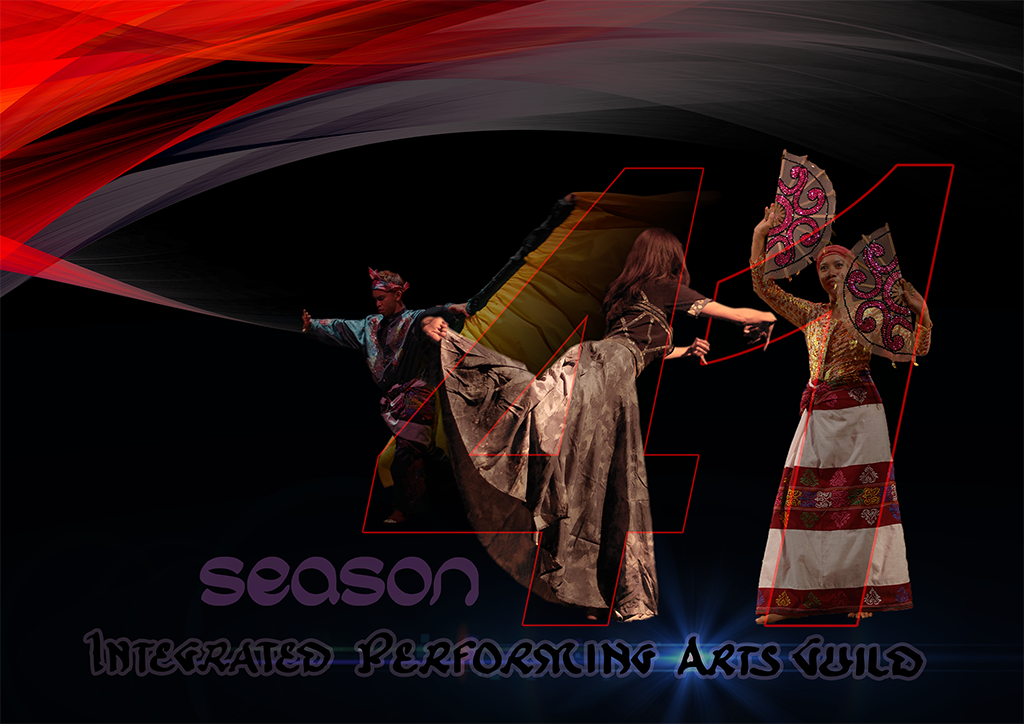
Epics are living and lived narratives. These tell the stories of the “now,” of how heroes save their own people, of how one community copes with surviving in conflict with another. Epics are our stories. They chronicle with feel and sense the vicissitudes we all go through. They all share the same struggles our Humanity moves through.
In my latest play, I derive from the epic of Agyu, the Manobo hero in the Ulahingan. But rather than focus my narrative on him, I choose the characters who surround the main hero and re-create a world of intersecting conflicts. Giving them human qualities molds them interesting and real to us now.
KUYASU, Agyu’s nephew, and MUNGAN, his mother, move through the confrontations of their community against the powerful Muslim Maguis. Whatever, nothing changes from the original epic. Instead, a new story blooms and the Ulahingan transforms more immediate, thus engaging our audiences more intensely.
Audience attention and response have proven the epic’s appeal transcreated to a staged performance. The opposing HAPOY DAW WAIG (Fire and Water) is an appropriate trope to the events unfolding, but it is not often that water can douse out fire. Hence, plot not only thickens but spreads out.
My dramaturgy has always been non-conventional. I have explored ways to perform beyond the usual. I have merged genres, tore down the fourth wall, arranged scenes in non-balanced spaces, narrated in arbitrary time rather than in chronology, traversed the objective to the magical mythic world, employed devised improvisations, composed in non-harmonic tones, and deconstructed the play skeleton.
“Hapoy daw Waig” is no different. Like its source in the epic, the performance captures a world whose magic only the theater can double. Control of the mediums arms the director-playwright with the means to enrapture an audience, thus defining more clearly what a performance intends to show to us about Humanity.

